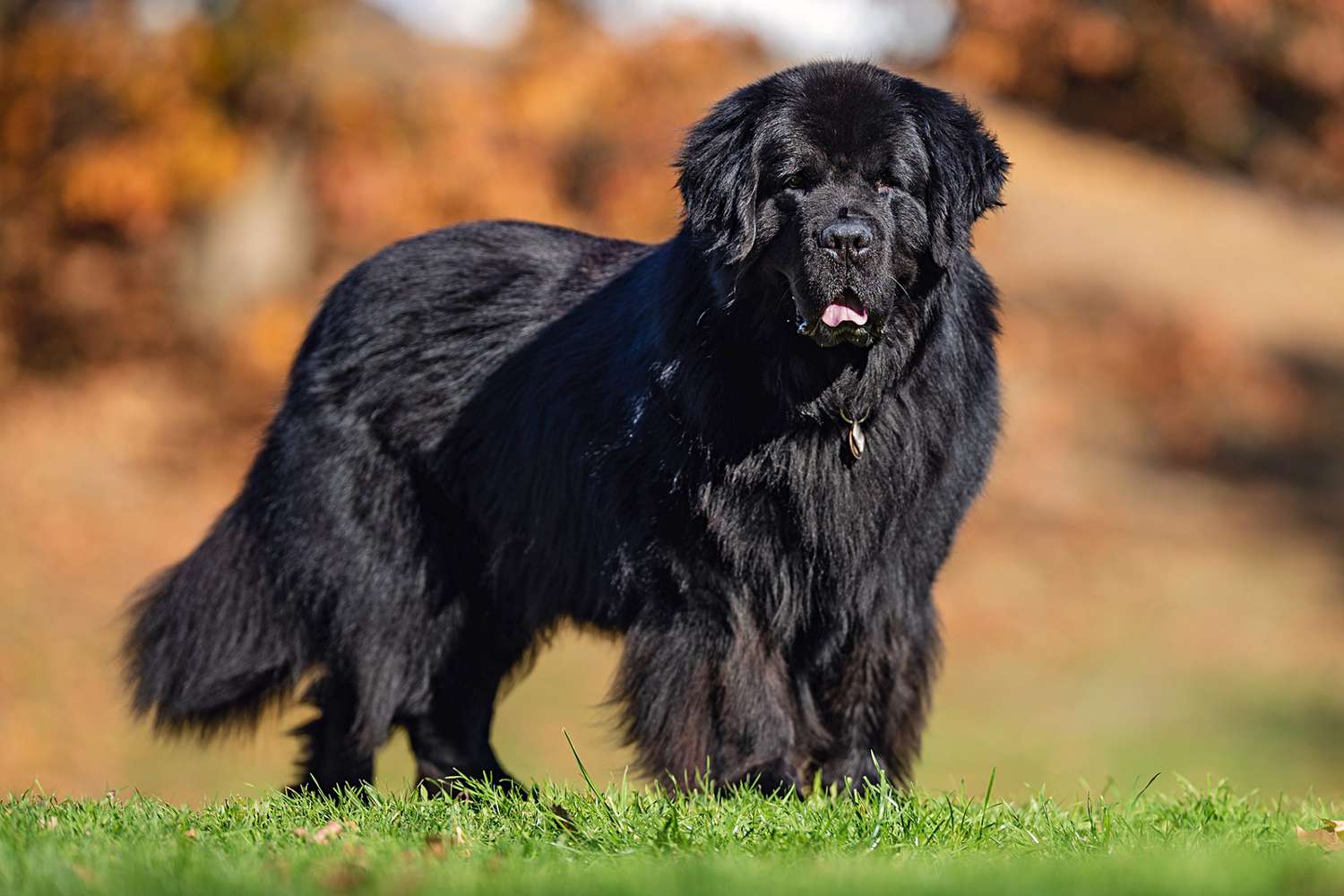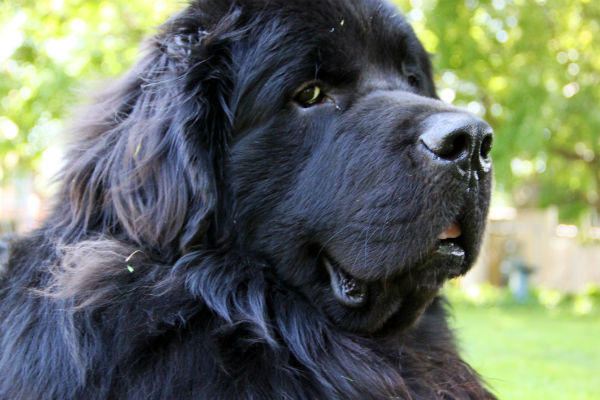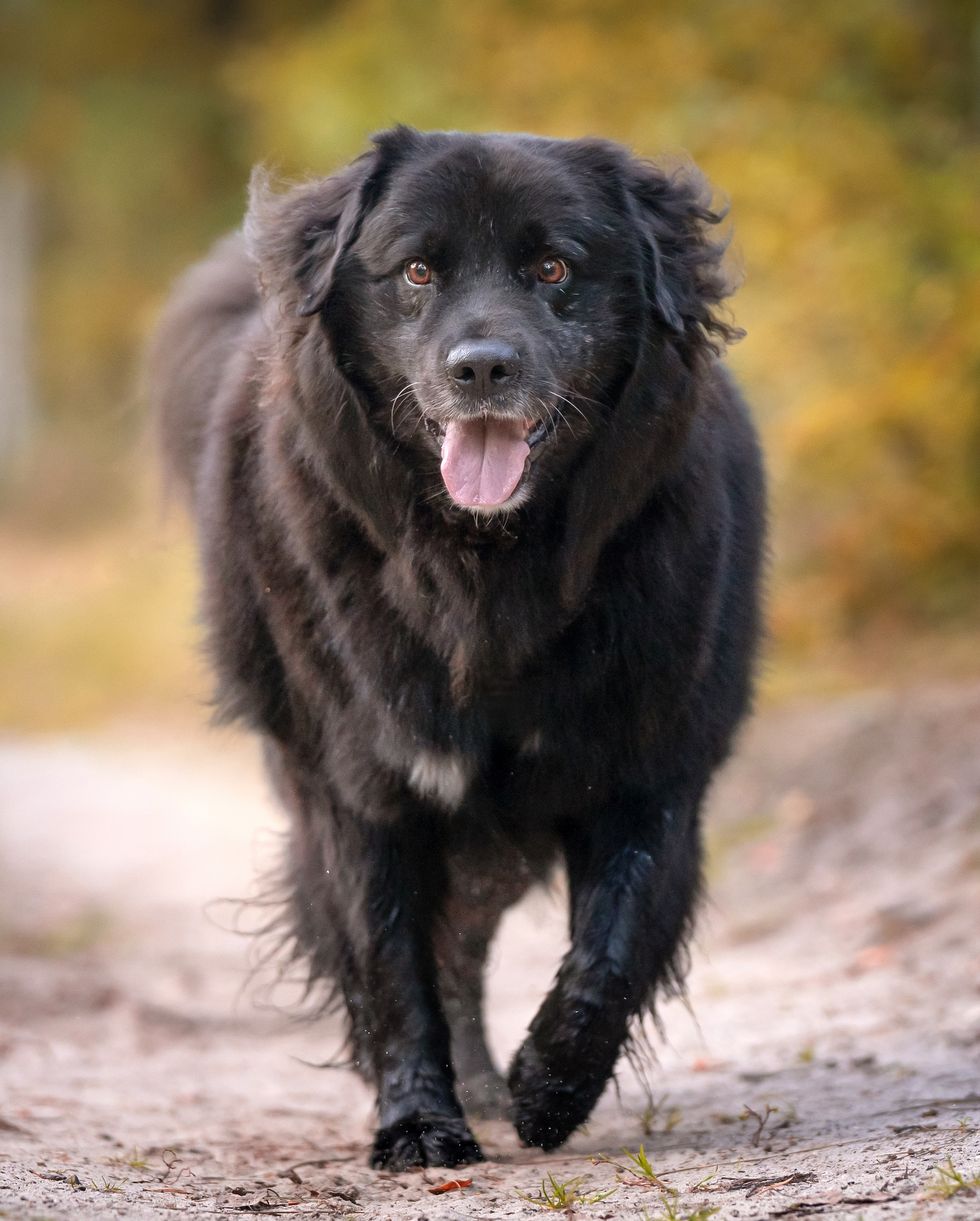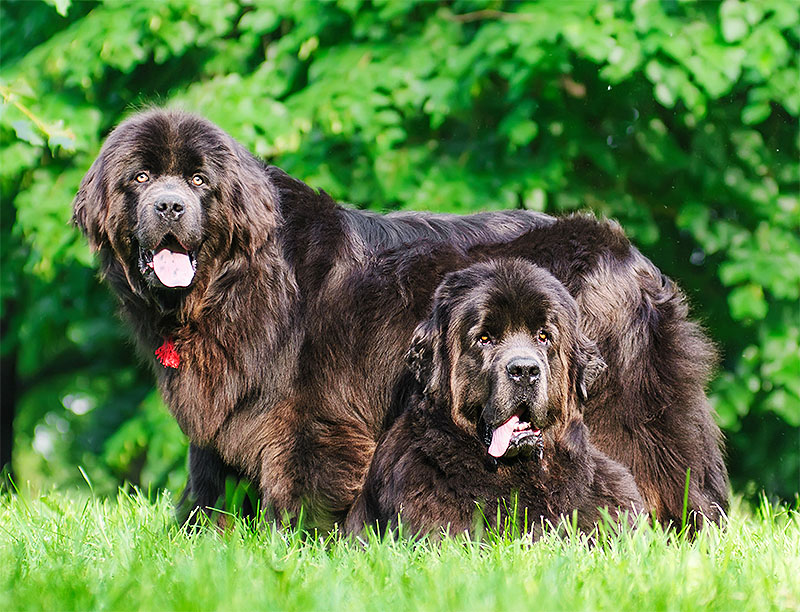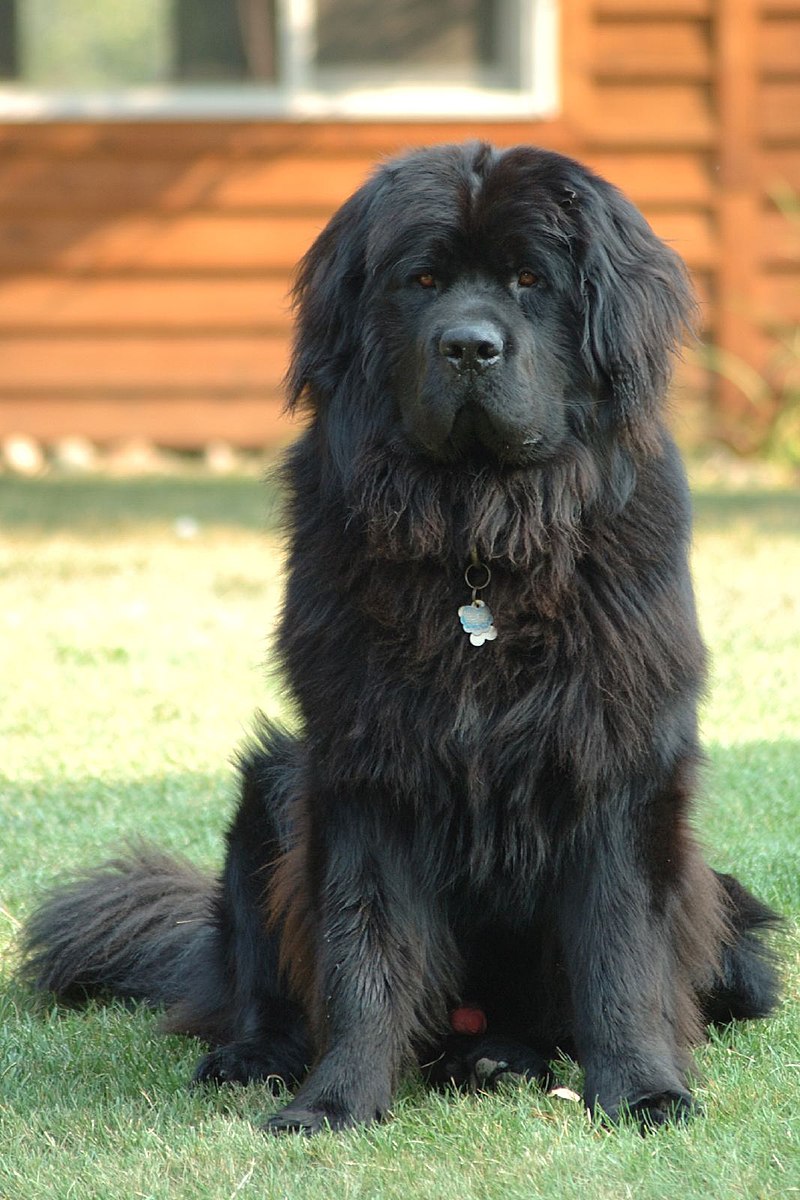Newfoundland - The Aristocrat Among Dogs: Unveiling the Majesty in Points
Discover the captivating allure of Newfoundland dogs, named after the beautiful island they originate from. These dogs have captured the hearts of animal lovers worldwide, with two established varieties - black and white/black - each possessing their own unique characteristics and charm.
The Black Variety
The essence of the black Newfoundland lies in its predominantly black coat, often accompanied by white markings. A typical trait of the true breed is a white marking on the chest, distinguishing them. However, any white on the head or body places the dog in the other variety. The desired black color should have a dull jet appearance, resembling shades of brown.
The Other Than Black Variety
Within this variety, variations include black and tan, bronze, and white and black. The latter is the most prevalent, with specific attention given to the beauty of markings. A black head with a white muzzle and blaze, accompanied by a white body and legs with large patches of black on the saddle and quarters, defines the exquisite appearance of this variety.
Conforming to Standards
Irrespective of color, both varieties should meet the same standards. A broad and massive head, short square muzzle, wide-set deep-set dark eyes, small ears without fringes, and an expression exuding intelligence, dignity, and kindness are all essential. The body should be long, square, and muscular, with a deep and broad chest, straight legs, powerful round-boned feet, and a tail that reaches just below the hocks.
Coat Quality
The Newfoundland's coat plays a vital role in their appearance. It should be dense, with a substantial undercoat, and a somewhat harsh and straight outer coat. This combination ensures protection and resilience.
Strength in Movement
Newfoundland dogs should exhibit great strength and agility, their bodies moving freely with a slight roll in their gait. They are known for their active nature, defying their size and build.
Proper Care for Puppies
When rearing Newfoundland puppies, a diet of soft food such as well-boiled rice and milk, followed by scraped lean meat, is recommended. Adequate meat intake is crucial for their growth, with a target weight gain of 3 lbs. per week. A balanced diet of raw and cooked meat, supplemented with strengthened milk, promotes healthy development.
Optimal Rearing Conditions
Providing warm, dry quarters and ample space for puppies to move and exercise freely is essential. Forced exercise should be avoided to prevent any potential leg issues. Regular deworming is necessary, ensuring the puppies' health and vitality.
Hardiness and Ease of Rearing
Newfoundland puppies, when free from worms and provided with appropriate nutrition and living conditions, prove to be robust and easy to rear. With proper care and attention, they grow into magnificent dogs, embodying strength, substance, and grace.
Intrigued by the aristocratic Newfoundland? Explore the wonders of this majestic breed and embrace their regal presence in your life.

